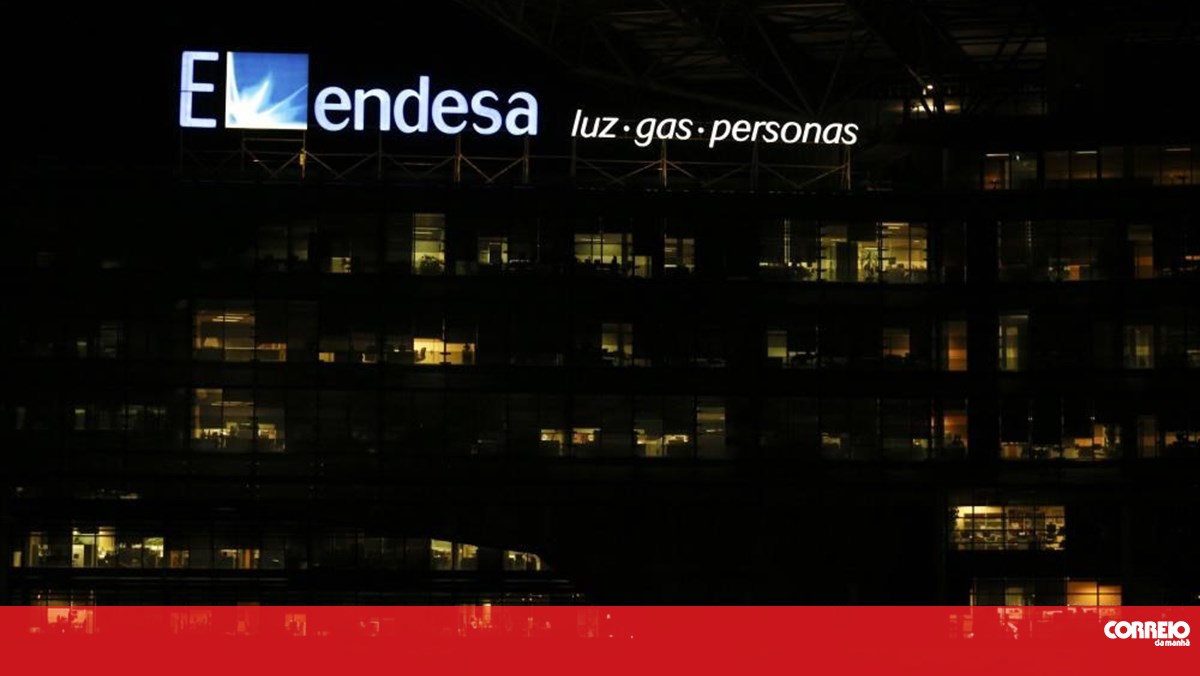Endesa pledged on Monday to maintain contractual prices until December and fulfill commitments under the Iberian Mechanism, after the company’s head said electricity would rise by 40% this month.
“Endesa pledges to maintain contractual rates with its Portugal-based customers until the end of the year,” said a clarification issued by the company on Monday.
According to the same memorandum, the company will also fulfill the obligations stipulated in the Portuguese regulatory framework, as well as in the Iberian mechanism.
The head of Endesa, Nuno Ribeiro da Silva, said in an interview with Journal de Negosios and Antena 1, that electricity will increase by about 40% in July bills.
“In particular, from the end of August, but already in the July electricity bills, people will have an unpleasant surprise. […] “We are talking about something in the range of 40% or more, in terms of what people have paid,” Nuno Ribeiro da Silva said.
According to the electric company, this is the “gas brake” push.
These brakes, created for Portugal and Spain, led to a discount on the prices of natural gas used to produce electricity.
Following these statements, the Ministry of Environment and Climate Action issued a statement rejecting Nuno Ribeiro da Silva’s statements, calling them “disturbing”.
To Lusa, the Secretary of State for Energy, Joao Galampa, said it was impossible to see a 40% increase in the energy bill through the Iberian mechanism, referring to the commercial offers of the companies themselves.
“Contrary to what the head of Endesa said, there is no increase of 40%. If you are talking about commercial offers from the company itself, you can just say that,” Joao Galampa said, in Lusa’s statement.
For the government, these statements, regarding the Iberian mechanism, “do not correspond to the truth”, because “prices with the mechanism will always be lower than without it.”
Thus, as Joao Galampa pointed out, linking the price increase to the mechanism is “meaningless, it is an impossibility”.
In turn, the Energy Services Regulatory Authority (ERSE), in a statement, ensured that it would be “particularly interested” in the behavior of suppliers regarding the repercussions of the impact of the Iberian mechanism on consumers.
The regulator explained that only consumers who benefit from it pay the adjustment costs associated with this mechanism, that is, those with contracts “indexed to the daily market.”

“Wannabe internet buff. Future teen idol. Hardcore zombie guru. Gamer. Avid creator. Entrepreneur. Bacon ninja.”

